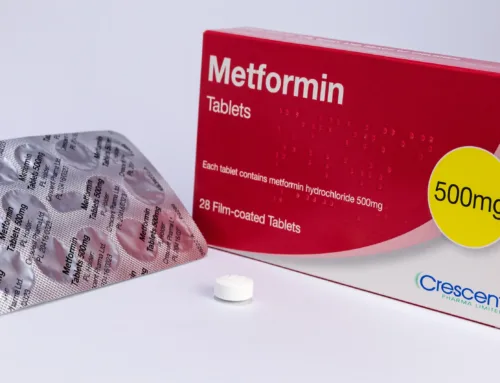Ultra Processed Foods and the Alarming Impact on Our Youth
A recent study published in the European Journal of Nutrition has shed light on a troubling trend: two-thirds of the calories consumed by children and teens come from ultra processed foods (UPFs). This study, conducted by scientists from Cambridge and Bristol universities, analysed the diets of 3,000 children who participated in aUK Diet Survey between 2009 and 2019. The findings reveal a significant increase in the consumption of mass-produced UPFs over this period, a trend that has likely continued to this day.
The Rise of Ultra Processed Foods
The study reports that 11 to 18-year-olds now get 66% of their calories from UPFs, leaving little room for more nutritious foods. Notably, white children and those from deprived backgrounds consume the most UPFs, despite these foods often being more expensive than healthier options like beans, fruits, and vegetables.
Understanding Ultra Processed Foods
UPFs lack a strict definition, but they commonly include items like sweets, sugary drinks, biscuits, pastries, cakes, and pre-prepared chips. Everyday items such as breakfast cereals and mass-produced bread also fall into this category due to added ingredients like emulsifiers, artificial sweeteners, colors, and flavors. Meat-derived UPFs include burgers, deep-fried coated chicken, pre-prepared meals, sausages, hot dogs, pork pies, ham, tinned meats, and nuggets.
The study highlights the largest increases in calorie intake from ready-to-eat or ready-to-heat meals, such as takeout and frozen pizza and burgers, which jumped from 2.2% to 11.2% of calories. Packaged sweet snacks and desserts also saw a significant rise, now making up 13% of calorie intake.
Health Risks of Ultra Processed Foods
UPFs are often high in salt, saturated fats, trans fats, colors, flavorings, and industrial contaminants that cause oxidative stress and inflammation. These factors can immediately impact teenagers’ well-being by reducing immunity, making them more prone to infections, and causing fatigue that affects cognitive function, sleep patterns, and exercise performance. Long-term consumption increases the risks of high blood pressure, heart disease, obesity, stroke, arthritis, dementia, skin aging, and osteoporosis.
Moreover, UPFs contain carcinogens such as nitrates, nitrosamines, and preservatives, raising the risk of cancer. Cheap sausages, bacon, sliced ham, and tinned meats have been linked to a 30% greater chance of premature death from any cancer. The removal of fiber from most UPFs accelerates the absorption of high-calorie carbohydrates and sugars, contributing to raised cholesterol and diabetes over time.
The Myth of Healthy Plant-Based Processed Foods
Contrary to popular belief, switching to plant-based processed foods is not a healthier option. A major study published in a Lancet journal used data from the UK Biobank study to show that processed plant-based foods significantly increase the risk of heart attacks and strokes, leading to early death. This includes meat-free alternatives like veggie sausages and burgers, vegan sausage rolls, faux chicken, and nuggets, all classified as UPFs.
The study found that a 10% increase in ultra processed plant food intake led to a 5% increased risk of disease. A study from Poland further clarified that UPFs from plants in fast food outlets carry similar health risks as meat options.
Promoting Healthier Choices
Studies consistently show that people who consume more UPFs eat fewer healthy, unprocessed foods. Increasing the intake of fresh plants such as fruits, vegetables, whole grains, nuts, seeds, mushrooms, and beans significantly reduces the risk of disease. For every 10% increase in healthy unprocessed plants consumed, there is a 7% lower risk of heart disease and stroke. These foods are high in fiber, vitamins, minerals, protein, and slow-release carbohydrates. Their natural phytochemicals help reduce inflammation, improve oxidative pathways, and enhance gut health. Phytochemicals can counterbalance carcinogens in meat by converting nitrates to nitric oxide.
Conclusion
Reducing ultra processed foods and increasing healthy plant consumption is one of the best commitments you can make for your well-being. While UPFs from meat are the worst culprits, plant-based UPFs are almost as harmful. Nutritional guidelines should emphasize reducing animal products and avoiding highly processed foods.
For more insights into how food and lifestyle choices impact health, check out the book, “How to Live.”







Sorry, but the evidence that UPF is bad for your health is not backed up by rigorous scientific studies. What is bad for health are foods with little fibre and high in salt and sugar, not because someone has decided that a certain food is UPF (like bread and yoghurt) because it contains “additives” or “chemicals”.
Thank you for your comment – you are correct to point out that some processed foods may still be healthy and some non-processed foods can be unhealthy as they contain little fibre, are low in phytochemicals, minerals, vitamins and high sugar or processed carbs – which is where the evidence is.